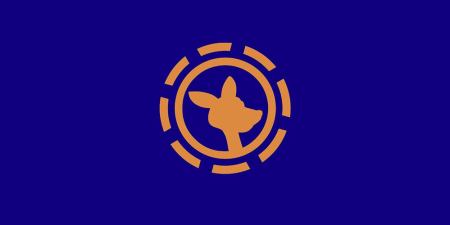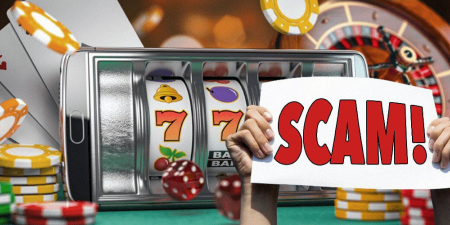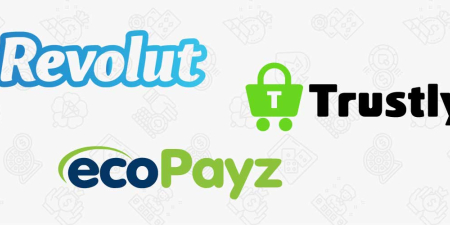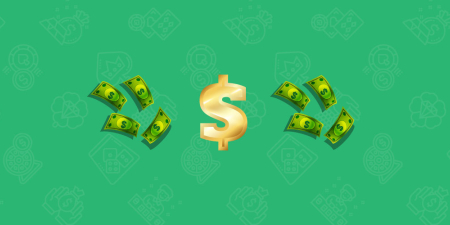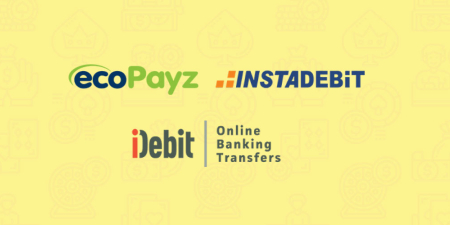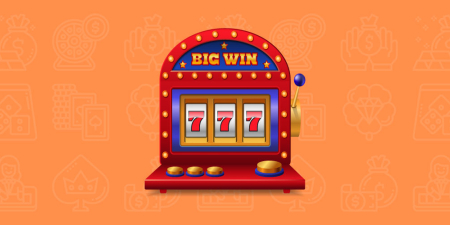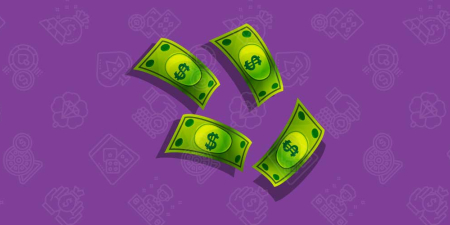Online gambling provisions and laws in the Netherlands
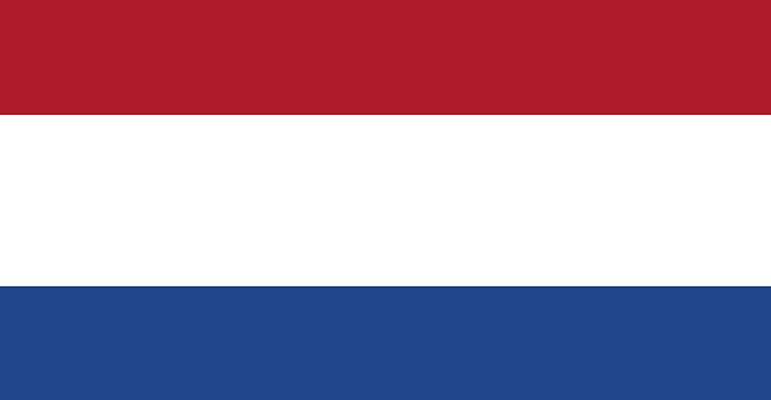
Lotteries and products of gambling nature have not been unfamiliar in the Netherlands, in practice, they have been standing for quite a long time. Actually, amongst the most longstanding lotteries ever known is the national state lottery Staatsloterij, that has been present since 1726.
The Netherlands has at all times been protective towards its people with regard to gambling and hence stern on this business. The gambling market of the Netherlands is mostly monopolized by gigantic domestic operators like the Staatsloterij, Lotto, Holland Casino and Postcode Loterij. The latest gambling law passed will set the industry on a new track. The largest player in the industry that holds the proprietorship of the majority of the casinos in the kingdom, Holland Casino, is changing into a private entity and online gambling is proclaimed legal.
With the technological advance and the world moving ahead fast it is crucial for the country to adapt. Since the online gambling sector has increased dramatically during the past few years with punters crowding to online sites, the implementation of new regulations in gambling will earn the country tons of dough in income from Dutch as well as international casinos.
The Gaming Authority of the Netherlands
In 1996, an autonomous administrating body familiar as the College van Toezicht op Kansspelen was established to govern and manage gambling in Holland. Their foremost duty was to impose and guarantee that license holders conform with the Gambling Legislation in Holland. In April 2012, this body was revoked and substituted with the Dutch Gambling Authority.
The key emphasis of the Dutch Gambling Authority is to safeguard Dutch punters from all unlawful and criminal ways of gambling and any likely deceitful or deceptive commercials.
The regulating body also guards the security and consistency of gambling products and undertakings the country is offering. The Dutch Gambling Authority is trying hard to thwart gambling dependences and keep juveniles and liable people away from contact with gambling. Amongst its principal tasks is to impose penalties able to safeguard the gamblers.
Build the legalization
It looks like that the greatest anxiety of the Dutch ruling body is to retain gains within the country. In 2014, the Remote Gambling Bill was notated but it took around 2 years to be passed in the lower house court, which happened in 2016. The approval by the state senate is still pending.
Some trust that the cease and delay of the lawgiving is a tactical game by the government. In practice, the state has granted Holland Casino the domination on gambling in the country and with its 14 operating in the Netherlands casinos, the gambling giant provides the largest revenue. The gains from the Holland Casino group go straight to the State Treasury. Assumptions circulate that the country’s government is intending to sell the company and if this happens it will reshape the gambling market and transform the tenure in the sector into a private one. While the transfer of the gambling sector into private is not of top urgency, it has been pending since 2011.
More stringent provisions for casinos without license and offshore casinos
The latest Online Gambling Bill will enforce more stringent provisions on offshore casinos without licenses. These unlawful companies aiming at the Dutch residents will be solidly penalized though punters won’t be proceeded against. The new controlling regimen that ascended in December 2016 asserts that perpetrators will get harsh penalties from then on. As set forth in the Kansspelaanbieders, the iGaming operators supplying unlicensed gambling activities to Dutch punters will be sanctioned with heavy charges reaching €820,000. The size of the fine is will be contingent to the gravity of the violation and the purpose is to cease any unlawful gambling activities in the Netherlands.
Taxation on online gambling earnings
Till 2011, the casino earnings were free of taxation, while there was some taxing on lottery gains. 40.85% tax was expected to be collected by the casinos net gaming incomes. Lottery earnings that exceed €454 will be a subject to taxation of 29%.
One of the most serious issues of the suggested Online Gambling Bill is the 29% gaming taxation that will be put on the gross gaming revenue (GGR). This tax level is exceptionally high-pitched and can be claimed to have opposite effect considering as the basic goal of that bill is to direct all online gambling finances into the state, not outside it. The cause behind this high taxation level is to shield the present dominating player, Holland Casino, from potential rivalry. The tax is also seen as rather objective having into consideration that the same taxation is charged on ground-based casinos. Some positive news is coming from the government intending to reduce the tax percentage by 3% during the period of the following three years.
The drop before the growth
The potential possibility that the high taxes will demolish the market prior to its complete development is not to be underestimated. The market behavior has already proven that the higher value of the regulate segments equips offshore and not licensed operators with price benefits, and at the same repel potential clients. The cause for the latter is that the higher taxes will increase the cost price of the services the operators provide and thus affect the players with drop in bonuses, profits and bigger costs of the products included in online gambling.
The German economic and legal research consultancy, Academicon, is definite in its conclusions that the tax rates are very significant and must be wisely deliberated as they can possibly kill the market. This was specified in a report, approximating the potential volume of the Dutch market, published in September 2014.
Online gambling by the rules
Though in 2016 the latest Online Gambling Bill was, at last, voted for at the Dutch Lower House, it may take some time for online gambling to be fully legalized in the Netherlands. The bill has gained a massive backing in the sate’s Lower House but it still has to overcome the senate and to be voted pro, which can only take place during the autumn session of the senate. Nevertheless, with the push on legislators put by the European Commission, iGaming is probably to convert into a legalized market in 2017.
As per the Dutch Gaming Commission, operators may have to wait till 2018 to get licenses to come into the regulated Dutch online market. The representative of the Netherlands Gaming Authority, Marja Appelman clarify that the inaugural date for setting the of the regulated market is planned to be early 2018.


